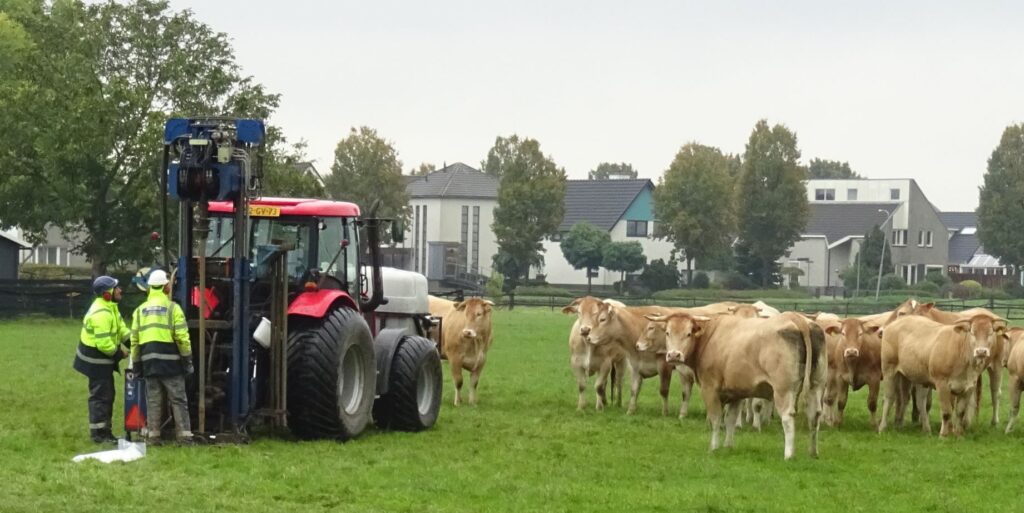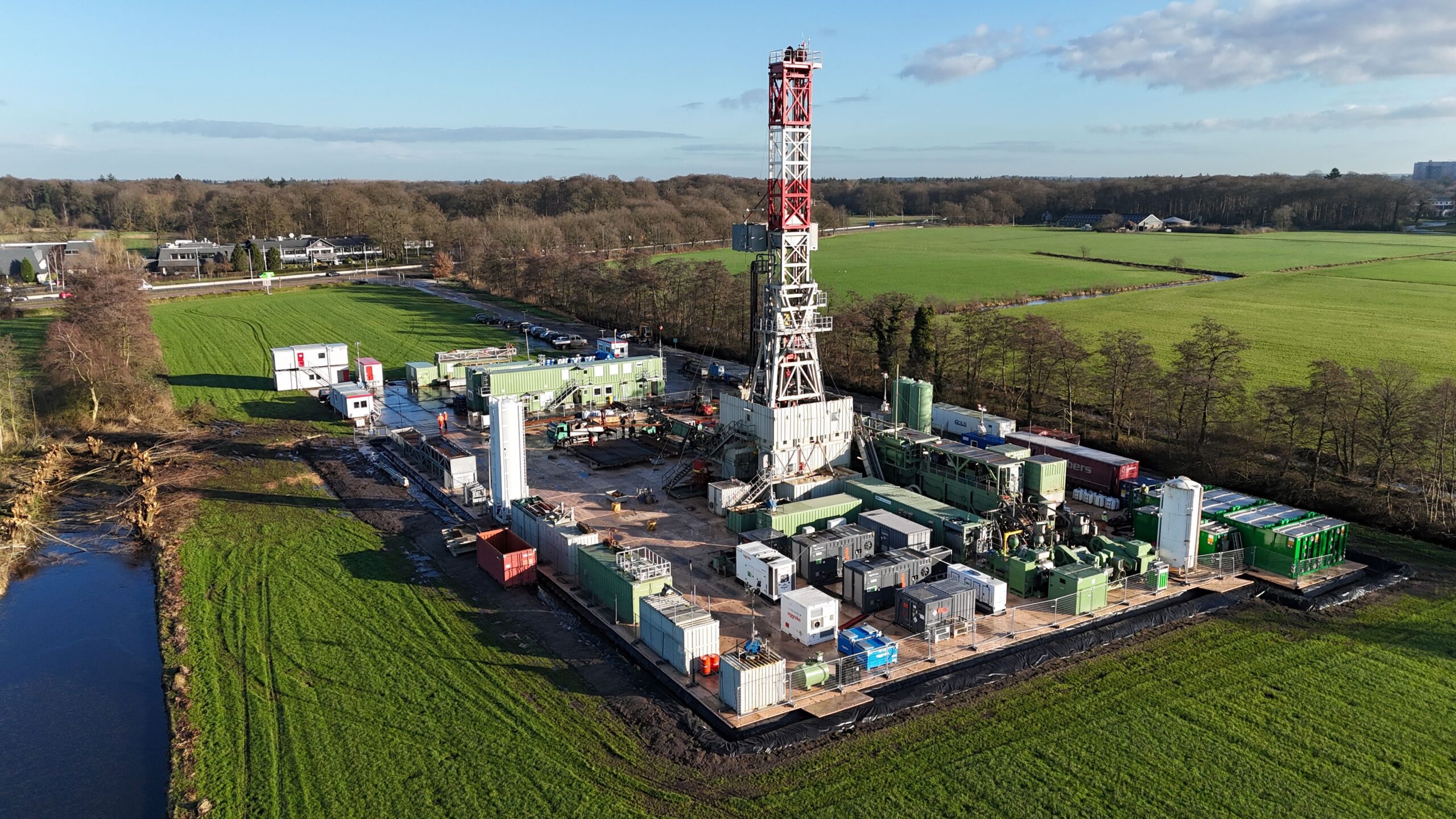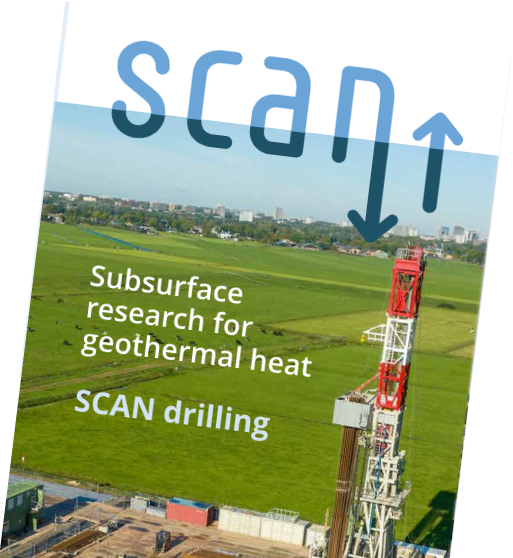SCAN scouts the Dutch subsurface for geothermal opportunities
We need to move towards more sustainable ways to meet our energy needs. Geothermal energy is sustainable and, because it is not dependent on weather or seasonal conditions, it is also reliable. It will play an important role in the Dutch energy transition where we are looking for new, sustainable, resources to replace our current fossil fuels. The Dutch horticulture sector has successfully been using geothermal energy to heat their greenhouses for over a decade. Geothermal energy can also be used to heat homes, offices and other buildings.
In order to accelerate the development of geothermal energy projects, the Dutch government has initiated the SCAN research program. The purpose of SCAN is to complete the map of the Dutch subsurface. SCAN collects data through seismic surveys, reprocessing of existing vintage data and by drilling a number of data wells. By openly sharing this data SCAN will help support future determination of geothermal potential in these areas.
 Seismic research takes place.
Seismic research takes place.
Accelerating the energy transition
Geothermal energy is energy in the form of heat that is present everywhere in the earth’s subsurface. The local geological conditions determine if we can make use of this energy. Thanks to the extraction of oil and gas in recent decades, large parts of the Dutch subsurface have already been explored and mapped. These existing data can now be re-used to also determine the geothermal potential in these areas. We have less data on the rest of our ‘subsurface landscape’ that has not been explored for this purpose. The objective of the SCAN program is to fill in these ‘blanks’.
All research results are published on the open access website nlog.nl. Organizations, such as project developers, municipalities and others can download and make use of these data. SCAN does not interpret these data nor advise on geothermal potential. All openly available data will first need to be interpreted by experts. To initiate a geothermal project more local research is always required.
The SCAN program
The SCAN program kicked-off in 2018 and will take several more years to complete. The program encompasses three principal areas. First, seismic surveys that are carried out in the areas where there is no, or insufficient, data about the subsurface. Second, there is a large volume of vintage data from extraction and exploration projects that have been carried out since the 1950s. This data is reprocessed using modern advanced computing technology. And finally SCAN executes several research drillings. These data wells will be used to confirm and supplement the data collected through existing and new seismic surveys. The data collected from the data-wells will help gain an even better understanding of the subsurface. During the research drilling reservoir properties such as permeability, porosity and temperature are tested.
 The research well in The Bilt.
The research well in The Bilt.
Organization and contact information
SCAN is executed by EBN and TNO and is funded by the Ministry of Climate Policy and Green Growth. You can reach SCAN at info@scanaardwarmte.nl.

 English
English
